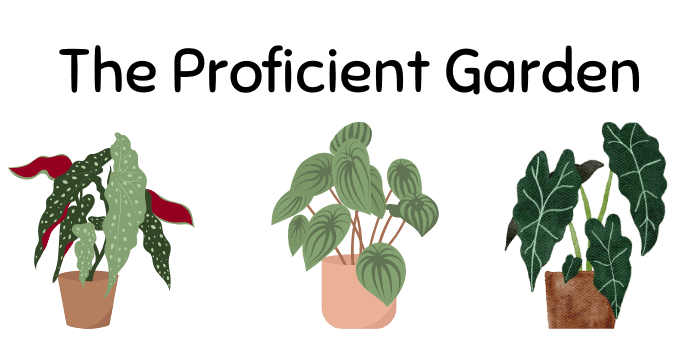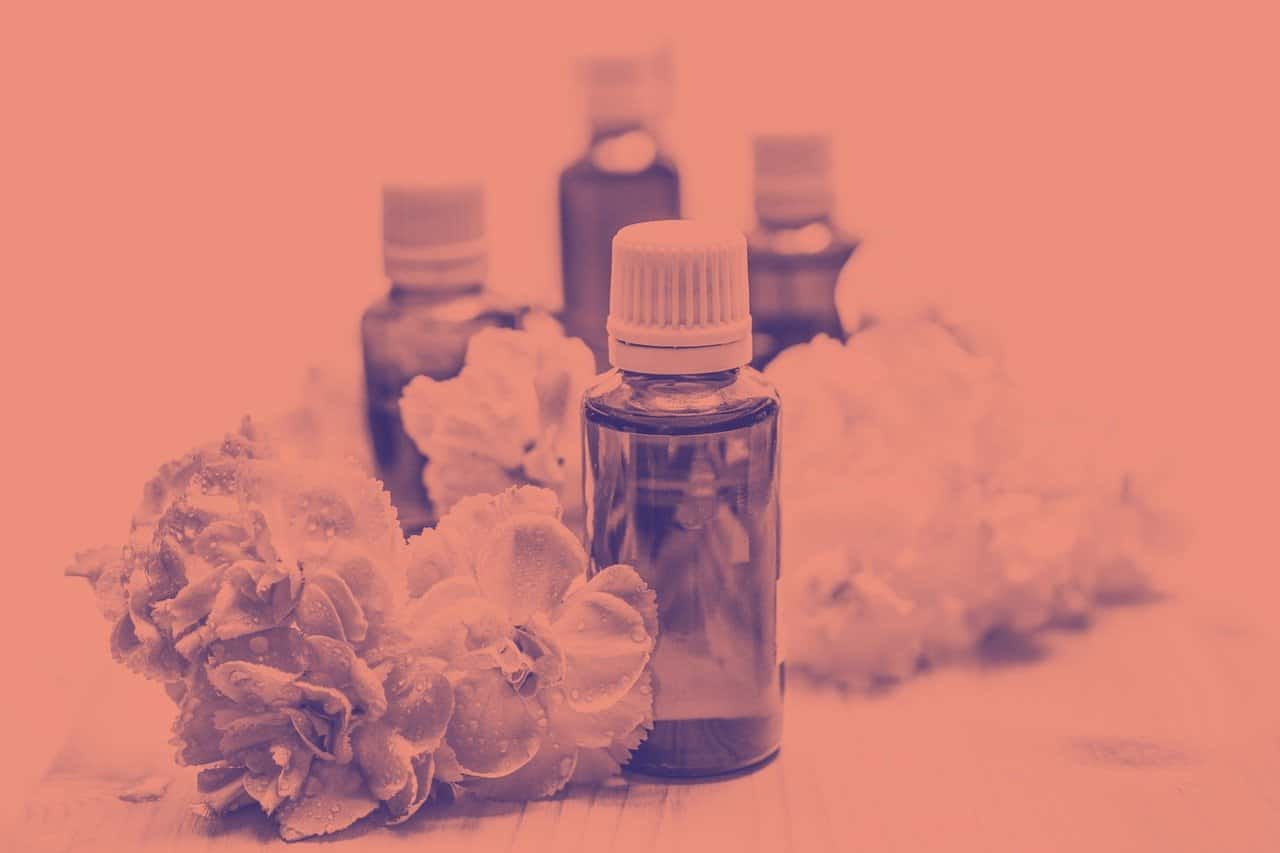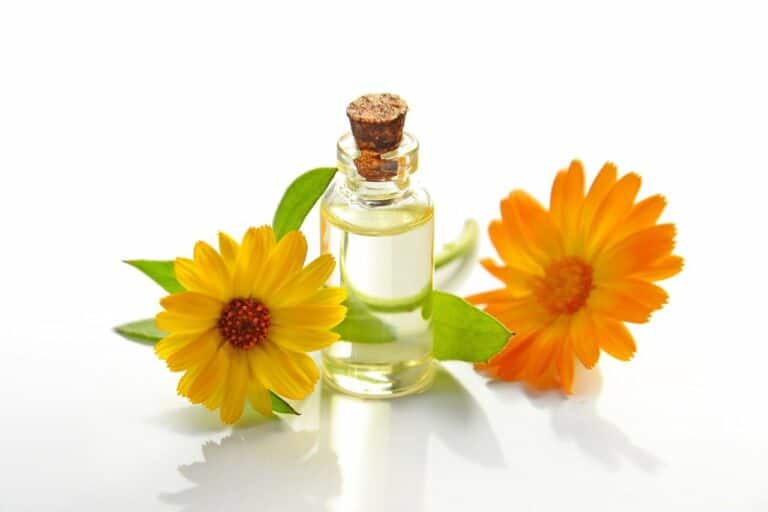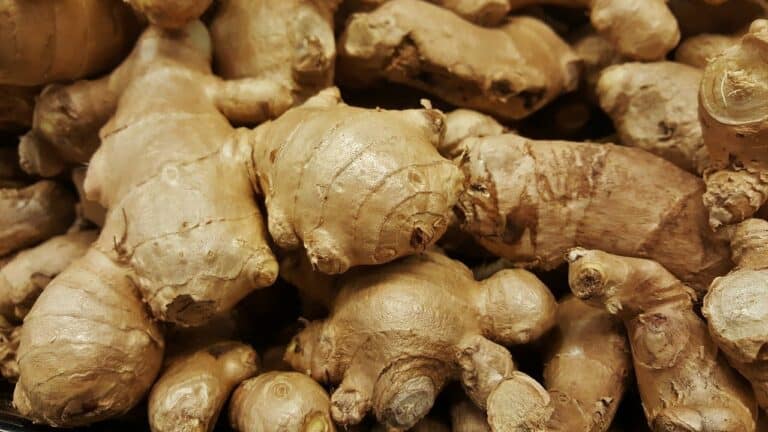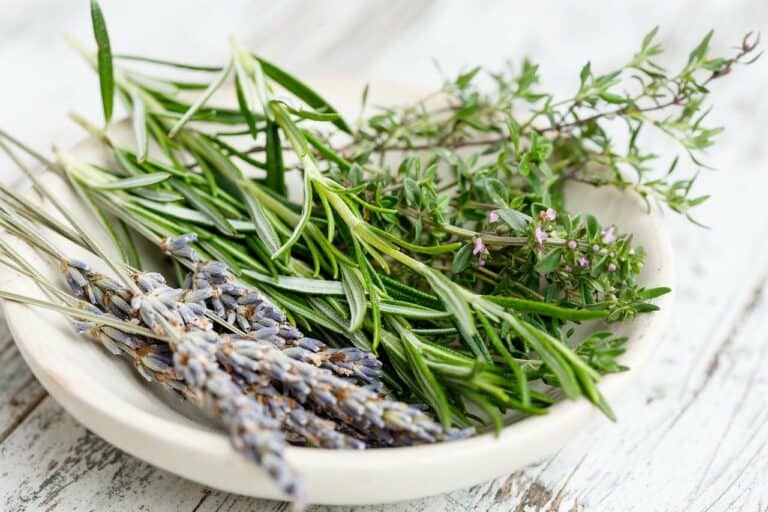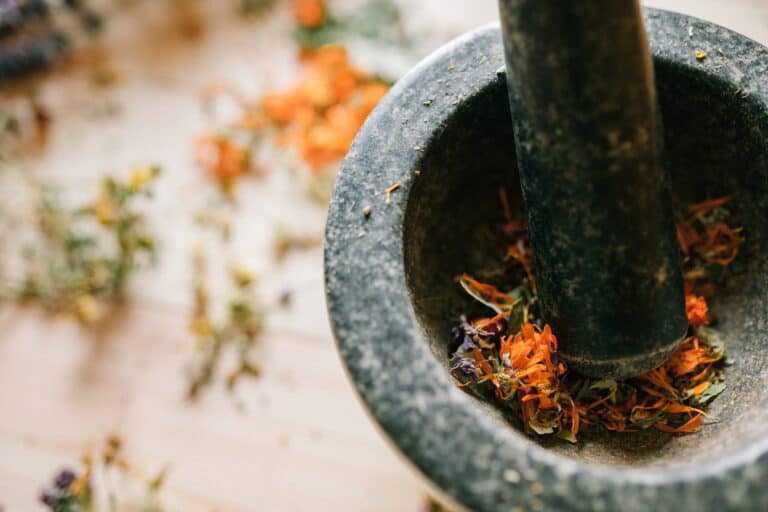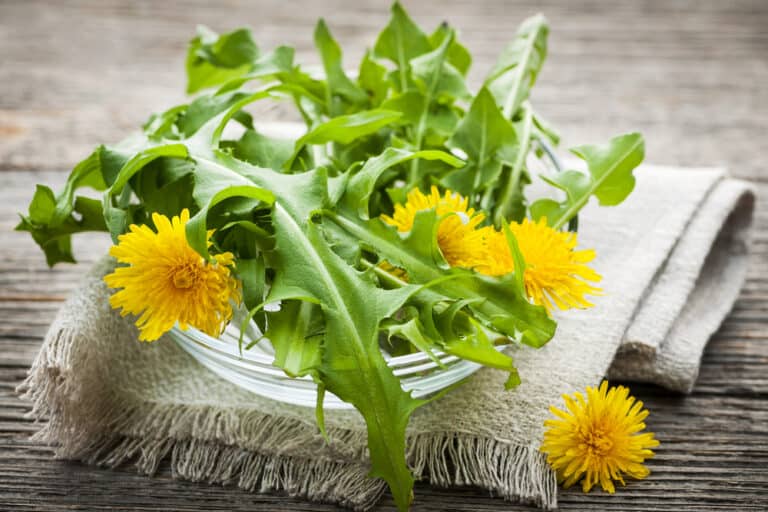Image by monicore from Pixabay
| How To Make Essential Oil From Your Garden | Blending Essential Oil | A Brief History Of Essential Oil |
Table of Contents
Do Essential Oils Expire?
Currently, using different and supportive therapies with conventional medicine has gained momentum. Essential oils are one of the complementary therapies to treat various diseases.
Essential oils are obtained from the stem, flowers, barks, roots, fruits, and other plant sections by different methods.
Many people ask, do essential oils expire? The correct answer to this question is yes. Almost all biological compounds have an expiration date. It is just the chemical composition that decides how long or short that takes.
The quality and safety of essential oils are some of the most critical factors. Essential oils termination is anywhere from two to twelve years. There are also rare oils that can last even longer and get more OK with age. We will discuss some usual doubts about essential oils expiration, such as:
Expiration age of essential oil
- Which Factors involved changes in essential oils Reasons for essential oils drop effectiveness.
- Which Factors involved changes in essential oils
Why do Essential Oils Expire?
As early as you unlock a new essential oil bottle and it approaches into touch with oxygen, an action is called oxidation start. The oxidation procedure covers the switch of oxygen bonds between cells into carbon bonds.
When oil gets into contact with heat, light, and oxygen, its formation changes. In late hours, it begins to drop its effectiveness and strength. Numerous essential oils are stocked in darker glass bottles because it gives the best protection against UV.
Essential oils do not damage like food, but they reform over time because it’s challenging to discover what the oils have converted into; it’s also tough to find whether or not they are secure to utilize.
Expiration Age Of Essential Oils
All essential oils’ expiry date or shelf life is not the same. The chemistry of expiration depends on the following factors.
- The category of essential oil
- The synthetic family of the essential oil
- The storage technique
The deterioration method depends on what synthetic family the essential oil belongs to.
There are three chemical categories to consider the essential oil expiry date.
- Monoterpenes
- Monoterpenlos
- Sesquiterpenols
Monoterpenes
This category is contacted to naturally occurring compounds dependent on numerous essential oils extracted from herbs, spices, and fruits. They have antibacterial, anti-inflammatory, and antiseptic advantages that are functional for health and wellness. Monoterpenes are discovered in citrus-like limonene and pinene. They have low molecular weight and are quickly oxidized—monoterpene’s shelf life of one to two years.
Monoterpenes
These are best for refreshing the skin and giving emotional balance. They help fight infections and boost the immune system. Lavender, peppermint, and clary sage are high in monoterpenoids. They have considerable molecular weight and enhance chemical stability. Monoterpenoid’s shelf life lasts three to five years.
Sesquitepenols
Sesquitepenols have sedative and anti-inflammatory properties. Sandalwood and patchouli are included in this category, and they favor getting better with age.
Which Factors Involved Changes In Essential oils
The following factors can impact the essential oils’ scent, protection, and therapeutic properties.
- Oxidation
- Heat
- Light
- Duration
Oxidation
Oxygen replaces the chemical structure of essential oil as it responds with some of its elements. Oxygen airing can be minimized by making sure to recap oil bottles tightly.
Heat
Heat exposure can be minimized by keeping oil bottles in a cool place—the perfect temperature for essential oil is b/w 35 to 38 degrees.
Light
Dark-colored bottles are the best way to reduce light exposure. Light can promote oxygen-free radicals. In addition, light is very responsive and could change the essential oil.
Duration
The duration can also affect the essential oil shelf life. If the essential oil is not exposed to heat, light, or oxygen, it will be regular longer. Once you unlock the bottle, the deterioration starts and develops with time.
How do I know Essential Oil is Expired?
When essential oils proceed wrong, it’s not as visible as with other products. However, three things can help to discover whether essential oils are safe or not.
- Fragrance
- Appearance
- Bottle Label
Fragrance
God bless us with a fantastic sense of smell. Due to sniffing tests, you can easily find any changes in essential oil’s scent. You can quickly know if essential oils have gone wrong or not.
Appearance
Make sure to check out the color of the essential oil. If you discover any oil appearance or thickness changes, this indicates an expired essential oil.
Label Bottle
Always read essential oils bottle labels carefully and see the bottle’s expiry date before purchasing the product.
How To Extend Shelf Life Of Essential Oils
Here are some points to increase the shelf life of your essential oils.
- Minimize Exposure to Oxygen
- Stay Away From Heat and Light
- Use Smaller Bottles
Minimize Exposure To Oxygen
To avert essential oils from expiring before time and to secure them stay healthy, reduce to leave the bottle uncapped. Tightly cap back the glass bottle. Prevent the oxidation process.
Stay Away From Heat And Light
The ideal place to store the essential oil bottle is a dry, cool place. Protect your oil from direct sunlight.
Use Smaller Bottles
Smaller bottles will minimize oxygen entrance in the bottle when it is unsealed. This will protect oxidation and will extend the shelf life of your essential oil bottle.
Essential Oils Storage
Without actual storage, essential oils cannot stay original. Some tips for vital essential oils storage are here.
Essential Oils Bottles
As we know, ultraviolet light rays the formation of essential oils, so use dark-colored glass bottles to protect essential oils from UV. Sealed the bottle tightly and kept it cool and dark.
Cooling
Essential oils are susceptible to oxidation under temperature and heat differences. To prevent this, you can reserve them in your refrigerator.
Bottle Boxing
If you don’t have a refrigerator, use a storage box. Storage boxes will work for some types of essential oils.
Storing
Essential oils are burnable. Thus, please do not leave them near burning candles or fires. All essential oils keep away from children and pets. Not at all store undiluted oils in plastic bottles. For diluted essential oils, plastic is acceptable due to the low concentration of essential oils.
Conclusion
Essential oils are safe and stable. There is a lot of chemistry and science supporting essential oils and their specific constituents. The difficulty is that while the oil may not go substandard, it does not keep the oil you know and best forever. Essential oils start to break down and change. Remember that every essential oil is different, so every essential oil has a different shelf life—that’s why always do some research before purchasing essential oils.
